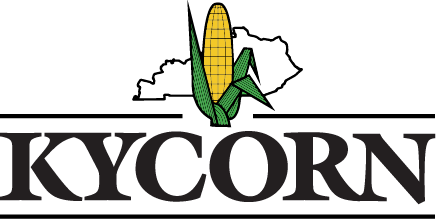From US Grains Council:
As new tariffs on steel and aluminum imports go into effect for some of the United States’ closest allies, the U.S. grains industry is watching closely for retaliations that impact sales of U.S. corn, sorghum, barley and their related products, including ethanol and distiller’s dried grains with solubles (DDGS).
U.S. Commerce Secretary Wilbur Ross confirmed on Thursday that discussions to continue extensions of tariff waivers for Mexico, Canada and the European Union – three of the largest markets for U.S. grains and related products – had failed. As of June 1, they will join a large group of countries facing new tariffs of 10 percent on aluminum imports and 25 percent on steel imports, applied under Section 232 of U.S. trade law.
At press time, it appeared neither Mexico nor Canada had added feed grains or ethanol to their initial retaliation lists, though it is expected those lists will evolve as trade tensions ramp up. The European Union previously announced its countermeasures would include a 25 percent tariff on both U.S. feed and sweet corn, which is largely blocked due to biotechnology concerns. Several other U.S. agricultural products were implicated, including some pork products going to Mexico and a variety of specialty crops. Yogurt and various prepared foods were among the agricultural and food products targeted by Canada.
“Based on information we have heard from our customers and past experience, we have every reason to believe U.S. agriculture, including the products we represent, will be among the most vulnerable to countermeasures from our trading partners,” said U.S. Grains Council President and CEO Tom Sleight in a statement.
“We had strong hopes this situation would be averted permanently, but it now appears we need to prepare for retaliation and its direct impact U.S. farmers. Our global staff is doing this to the best of their abilities as we continue to follow new developments.”
Many countries are already facing the new tariffs, which initially went into effect in March. Those include China, which on April 2 counter-imposed tariffs of 15 percent on imported U.S. ethanol and 25 percent on imported U.S. pork. Japan, Turkey, Russia and India also face the tariffs and have said they would retaliate but have not issued lists or their lists did not include U.S. grain products. Quota agreements on steel and aluminum to stave off tariffs have been reached with South Korea, Australia, Argentina and, tentatively, Brazil.
The Section 232 tariffs are in addition to tariffs proposed under Section 301 of U.S. trade law, particularly targeted at China, and a plethora of other trade policy issues, negotiations and concerns.
May 31 statement from U.S. Grains Council President and CEO Tom Sleight:
“The U.S. Grains Council is deeply concerned about new tariffs set to be implemented at midnight on steel and aluminum from Mexico, Canada and the European Union, three key markets for U.S. grain and related products.
“Based on information we have heard from our customers and past experience, we have every reason to believe U.S. agriculture, including the products we represent, will be among the first hit by counter measures from our trading partners.
“These countries are among our closest neighbors and friends. We have spent years building markets in these countries based on a mutual belief that increasing trade benefits all parties.
“We had strong hopes this situation would be averted permanently, but it now appears we need to prepare for retaliation and its direct impact U.S. farmers. Our global staff is doing this to the best of their abilities as we continue to follow new developments.”

